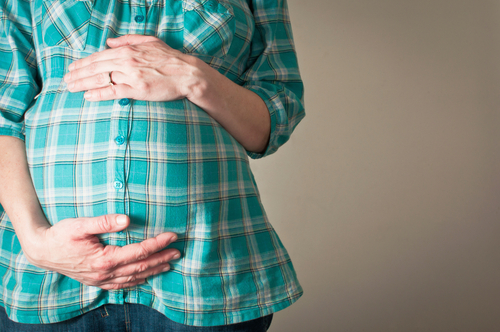 Pregnancy is a whirlwind of emotions making you cry one minute and laugh the next. But before you start to think you are going a little crazy, here’s what you need to know about your pregnancy hormones and what they are doing to you:
Pregnancy is a whirlwind of emotions making you cry one minute and laugh the next. But before you start to think you are going a little crazy, here’s what you need to know about your pregnancy hormones and what they are doing to you:
Morning sickness
You can blame the hormone human Chorionic Gonadotropin (hCG) for this. While its function is to stimulate the corpus luteum to pump oestrogen and progesterone, when it is produced in large quantities it can make you feel nauseous.
Sensitive bladder
In the early stages of pregnancy you will probably find that you need to go to the bathroom a lot, even if you don’t really need to urinate. This is due in part again to the hormone hCG which increases blood supply to your pelvis.
Skin changes
You may or may not have noticed your skin start to change ever so slightly. This is due to the hormone oestrogen which helps stimulate some organs and other parts of the baby’s body into development. For some women, this can cause pigment in certain parts of your skin to become darker but on the lous side it also helps to create that much sought after glow.
Low blood pressure
Your low blood pressure is often caused by progesterone which is needed to ensure your body doesn’t reject the baby. Another function is to help the uterus wall to relax which can lead to your blood vessels relaxing as well. This in turn causes low blood pressure.
Hair growth
Hair growth is another common symptom of pregnancy and while some women just experience extra growth on their head, others can actually see it on their breasts or abdomen - you can blame progesterone for this. It also causes heartburn, excessive gas and constipation, just to let you know.
Being clumsy
If you've noticed yourself being a lot more clumsy than normal, there is an actual reason for this. The hormone Relaxin which is there to relax the uterine muscle and loosen pelvic bones for labour, can actually loosen the rest of your bones making you a lot more clumsy. That same hormone has also been linked to pelvic pain in women who are more sensitive to its effects.







